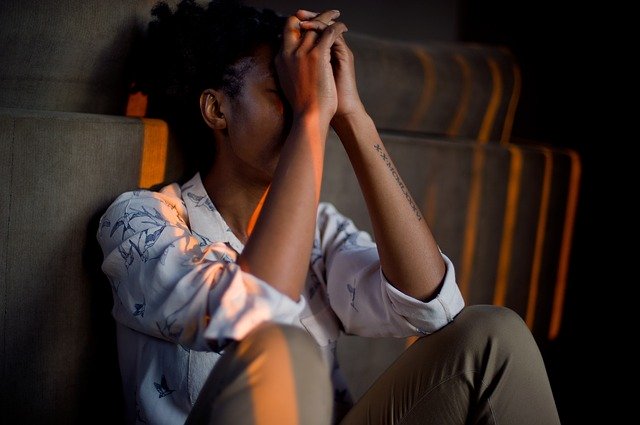
Teenage depression is not just about the occasional melancholy and bad moods. It is a very serious medical problem that affects how teenagers think, behaves and feels, and it can also cause physical, functional and emotional problems. Although adolescents rarely seek assistance on their own, when they recognize they need help, they have made great progress towards recovery. signs.
Why do teenagers get depression?
There are many reasons why teenagers become depressed and the negative effects of depression go beyond the melancholic mood. These are some of the main causes of teen depression:
1. Life stressors:
The transition into adulthood can be very difficult for many teenagers and external life stressors can cause make teenagers feel less than others, disappointed, hurt or embarrassed. Some of the external life stressors that can cause depression in teenager include:

- Serious financial problems
- Divorced parents
- Trauma such as physical assault and rape
- Academic pressure
- Romantic relationships
- Peer influence
- Choosing future occupation
- Drugs
- Bullying/peer rejection
- Meeting expectations of family members
2. Internal Dialogue
Negative internal dialogue mainly towards the future, self and the world in general leaves teenagers feeling helpless and alone. Since the teenager has no hope of change, the negative internal dialogues usually contain cognitive distortions. Therefore, they end up making inaccurate assessments about the world because cognitive distortions act as filters to view and assess the world.
- Shoulds and musts
This is often a list of unattainable and unrealistic rules and expectations of how people should behave. In case teenagers or people around them violate these rules, they become angry and frustrated with a very deep sense of self loathing and guilt.
- Catastrophizing
In this case, the depressed teenager has irrational thoughts that things are far worse than they actually are. Therefore, the teenager anticipates that everything will go wrong in the future.
- Blaming
Depressed teenagers blame other people for their pain and suffering or hold themselves responsible for every problem. This causes additional self loathing and guilt.
3. Genetics
While depression is considered to be due to personality factors and life experiences, there is also strong evidence that depression can also be inherited. Therefore, siblings of depressed adolescents have a higher likelihood of showing symptoms of depression.
What are the symptoms of depression in teenagers?
A teenager who is suffering from depression will have noticeable change in their behavior and thinking. Here are the signs of depression in teenagers:
- Apathy
- Difficulty concentrating
- Inappropriate or excessive guilt
- Bullying others
- Abusing alcohol and drugs
- Sleeping a lot
- Isolation
- Memory loss
- Rebellious behavior
- Anxiety, sadness or hopelessness
- Compulsive overeating or loss of interest in food
- Slacking on doing basic household chores
- Promiscuous sexual activity or masturbating
- Irresponsible behavior such as bunking off school
- Preoccupation with dying and death
Treating Teenage Depression
It is very important that depressed teenagers receive prompt treatment. Depression is a serious medical condition and if left untreated can worsen and even become life-threatening. If the depressed teenager refuses treatment, family members and other concerned adults should seek professional advice.
Therapy
Therapy helps teenagers understand how to cope with depression and stressful situations. Treatment for depression in teens may consist of individual, family or group counseling.
- Psychotherapy: Psychotherapy enables teenagers to explore feelings and events that are troubling or painful to them. It also equips them with coping skills.
- Cognitive behavioral therapy: This helps teenagers change the negative patterns of behaving and thinking.
- Interpersonal therapy: This mainly focuses on how teens can develop healthy relationships both at school and at home.
Medication
Psychiatrists may also prescribe medication to relive the symptoms of depression and help them feel better. Medication is usually prescribed along with one or more forms of therapy.
Although teenage depression is highly treatable, only one in every five depressed teenagers receives help. This is mainly because teenagers usually rely on teachers, caregivers and parents to recognize their problems and get them the assistance and treatment they need. Therefore, it is vital to learn exactly what depression in teens looks like and what you should do if you spot some warning.
